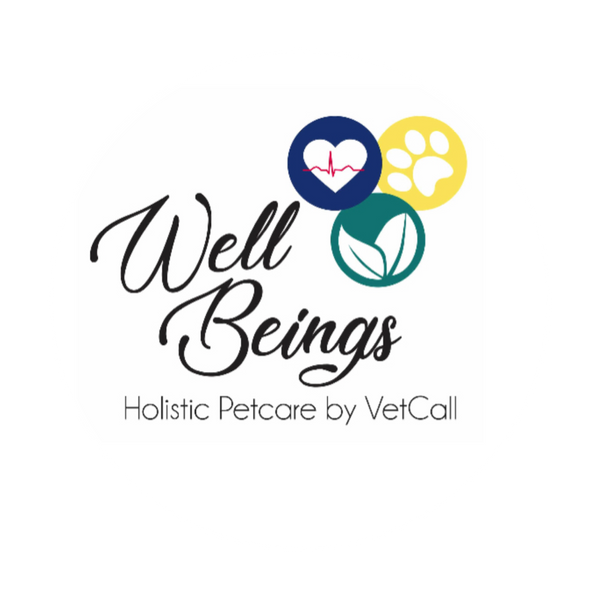
HOW TO SAFELY DETOX YOUR PET AFTER MEDICATION OR VACCINES
Share
How to Safely Detox your Pet after Medication or Vaccines
Our pets rely on us to make the best choices for their health, and sometimes that means using medications or vaccines to protect them from illness. While these treatments are often necessary, they can also place extra stress on the liver, kidneys, and immune system, the body’s natural detox pathways. Supporting your pet through a gentle, holistic detox can help them feel their best while reducing the buildup of toxins.
Why Detox Support Matters
When your pet receives medications, flea and tick preventatives, or vaccines, their body works hard to process and eliminate the ingredients. For most pets, this isn’t a problem, but some may experience sluggishness, skin flare ups, digestive upset, or increased inflammation afterward. Providing gentle detox support helps the body rebalance, strengthens long term immunity, and may reduce the risk of lingering side effects.
Safe Ways to Support Your Pet’s Detox
Detox for pets isn’t about “flushing everything out” quickly, it’s about nurturing the organs that naturally handle detoxification.
Some safe, gentle options you may include;
1. Hydration
Fresh, filtered water is the simplest detox tool. Adequate hydration supports the kidneys in filtering toxins. Consider adding a pet safe bone broth to encourage picky drinkers.
2. Support the Liver
The liver is your pet’s main detox organ. Herbs like milk thistle are commonly used in holistic veterinary care to help regenerate liver cells and improve detox efficiency. Always use pet safe formulations and check dosage with your vet.
3. Boost Antioxidants Through Food
Fresh, whole foods can provide natural antioxidants that combat free radicals created during detox. Blueberries, broccoli, and small amounts of turmeric are safe examples for many dogs (though always confirm what’s safe for your specific pet).
4. Gentle Herbal Support
Herbal allies can give your pet's detox pathways a little extra help without overwhelming their system. Nettle leaf offers natural minerals while gently supporting the kidneys, cleavers (Galium aparine) help the lymphatic system clear waste, and red clover (Trifolium pratense) can encourage healthy skin and blood detoxification. These herbs are gentle yet effective, but every pet is unique, so it's best to work with your holistic vet to choose the right combination and dosage.
5. Minimise Environmental Toxins
While helping your pet detox, reduce their overall load by using nontoxic cleaners at home, avoiding chemical lawn sprays, and choosing safer grooming products. This allows the body to focus on clearing what’s already inside.
What Not to Do
It’s important to avoid harsh or human focused detox methods like fasting, essential oil “detoxes,” or over the counter cleanses. These can overwhelm your pet’s system and do more harm than good. Detox in animals should always be gentle, supportive, and tailored to the species.
When to Seek Veterinary Guidance
If your pet shows ongoing signs such as vomiting, diarrhoea, lethargy, or skin reactions after a medication or vaccine, always check in with your vet. A holistic veterinarian can guide you in using herbs, supplements, or therapies like acupuncture to aid recovery safely.
Final thought...
Detoxing your pet doesn’t mean undoing the benefits of medicine or vaccines, it’s about helping their body stay balanced and resilient. With hydration, gentle herbal support, and a toxin free home, you can make sure your furry (or feathered) companion thrives after medical treatments.
